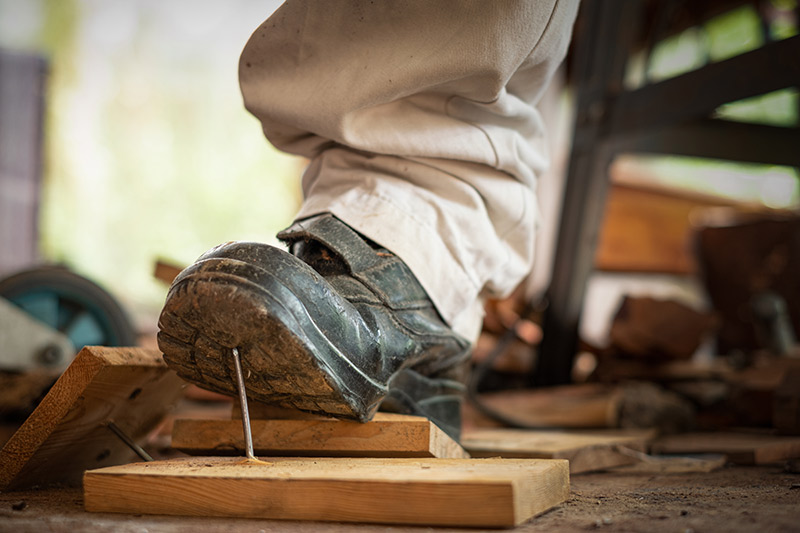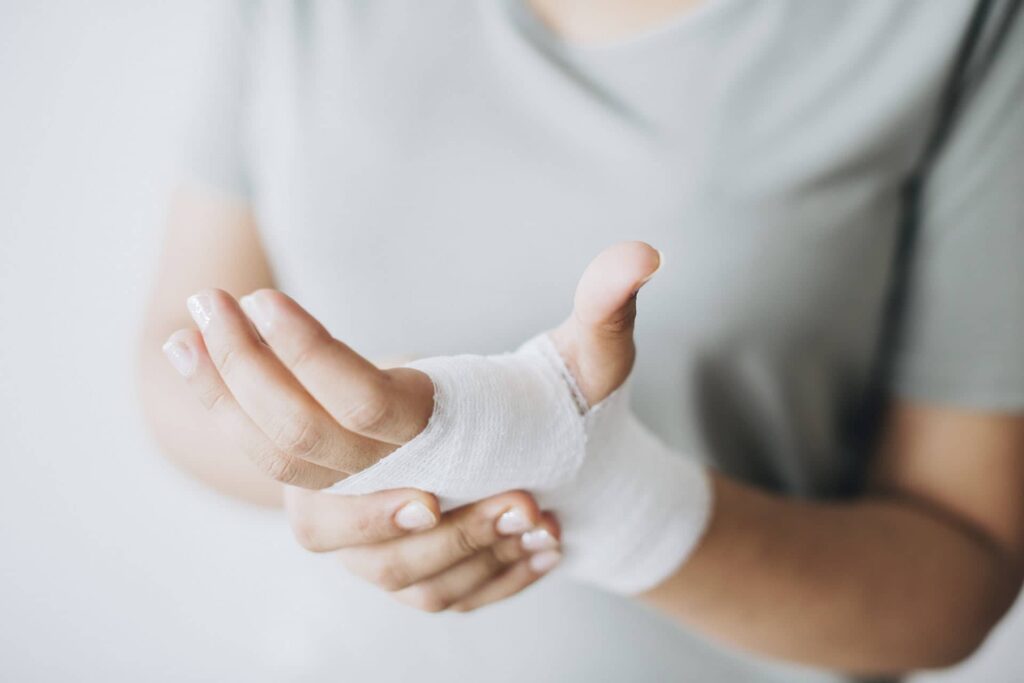Wisconsin is among the leading states with a high number of workers’ compensation cases. A report shows that 113 people suffered work-related injuries in 2019 in the state. These work-related accidents can be fatal or cause severe injuries.
Unfortunately, such injuries can cause substantial financial losses since you need medical care to treat your injuries. The good news is that you can file a workers’ compensation claim and receive compensation if the accident occurs due to negligence from your employer.
However, handling such cases can be challenging and complicated if you lack legal expertise. You may need to hire a workers’ compensation lawyer to guide and advise you.
WORKERS’ COMPENSATION INJURIES IN WISCONSIN
Wisconsin workers’ compensation law defines work-related injuries as any mental or physical harm that occurred while at work. This includes on-the-job injuries, injuries while going to work and back, injured on the company parking lot or steps, and injuries away from the company property but still on the job. Below are the types of injuries.
- Accidental Injury- It includes physical or traumatic mental injury that may occur suddenly and unexpectedly at work.
- Physical harm-It includes burns, cuts, bruises, sprains, amputation, strains, fractures, and loss of hearing incurred by an employee at work.
- Mental harm- This includes traumatic neurosis, hysteria, effects of brain hemorrhage, and nervous disorders.
- Occupational disease- This is a chronic mental or physical injury that affects an employee resulting from employment-related substances or activity.
It is worth noting that you can only receive compensation for the injuries if they occur at work. You must prove that the accident happened while engaged in work-related activities. Contact us for help with case investigation.
WHAT TO DO WHEN INJURED AT WORK
Step 1: Document Your Injuries
It is vital to document the injuries you suffered immediately after the accident. You will likely need this information when filing a workers’ compensation claim. Below are several things you should note.
- Date, time, and location of the accident
- Cause of the accident
- Injuries you suffered and part of the body affected
- Source of injuries such as machinery or object
- Symptoms such as loss of motion, rash, and sharp pain.
If there are people at the accident scene, you should ask for a witness statement from those who saw what happened.

Step 2: Report Your Injury
Once you record the evidence, you should report the accident to your employer and get an accident report in written form. Inform your employer about how the accident occurred and the injuries you suffered.
Step 3: Seek Medical Treatment
Get your injuries checked by a qualified medical professional because your health is more important than anything else. Remember to keep all the medical records and other related expenses because you will need them when filing a claim.
Step 4: Contact a Wisconsin Workers’ Compensation Lawyer
It is best to speak to an experienced workers’ compensation lawyer such as Bykhovsky Law before taking any step. The lawyer can guide and advise you on what to do.
SHOULD YOU HIRE A WORKERS’ COMPENSATION ATTORNEY?
Hiring a workers’ compensation lawyer is important because they can fight for you and do all they can to help you get the compensation you deserve. Insurance companies would want to pay you less money than what you deserve in most cases.
Having an experienced attorney such as Bykhovsky Law would increase the chances of getting maximum compensation depending on your injuries and other related factors.
CONTACT BYKHOVSKY LAW, A WISCONSIN WORKERS’ COMPENSATION ATTORNEY
Handling a workers’ compensation claim can be tricky if you lack legal expertise. If you or your loved one suffered work-related injuries, let us help you through the process and fight for your rights. Contact us for a free consultation.


